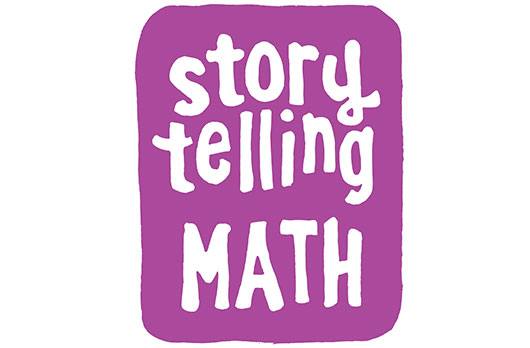We are TERC, an independent research-based non-profit organization, dedicated to inspiring and supporting all learners through stimulating curricula and programs.
Our forward-thinking and groundbreaking research projects result in insightful and inspiring learning materials, many for free. Curricula, teacher resources, games, web-based tools and more, are published and distributed by a variety of publishers. Here you’ll find all the available products created or co-developed by TERC. To order or download, simply follow the links to the product pages.
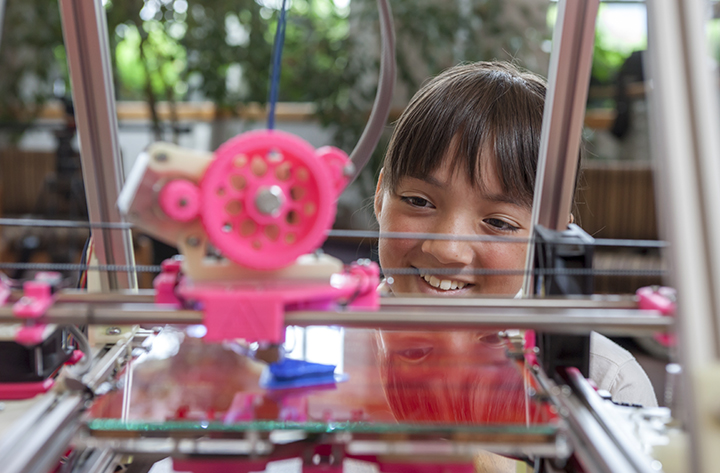
MPACT provides opportunities for students to engage in computational thinking, spatial reasoning, and mathematical concepts through design and hands-on making projects.
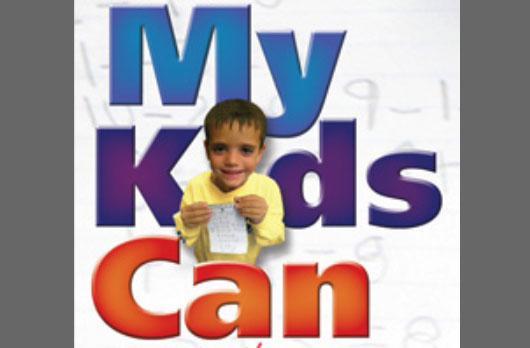
My Kids Can is designed to help K-5 teachers make math accessible for all students—especially focusing on instructional strategies that help students struggling with math advance toward grade-level competency.
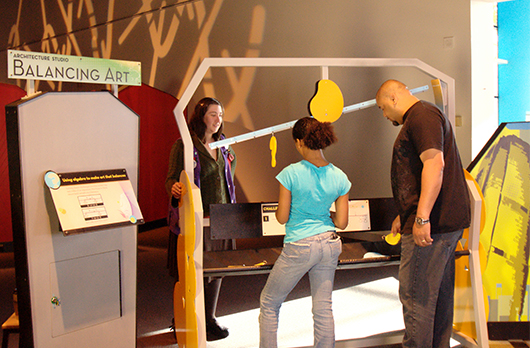
The REVEAL team explored the role of museum educators in deepening and extending family engagement and learning at interactive math exhibits.
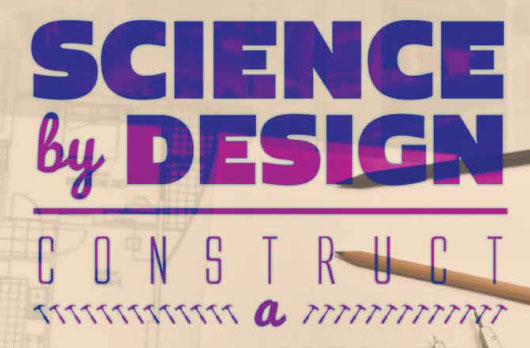
Four sets of well-loved activities have been repackaged in one convenient volume that seamlessly combines hands-on experience with intriguing engineering concepts.

Science for Today and Tomorrow (SfTT) had three supplementary units in life science for grades 6-8.
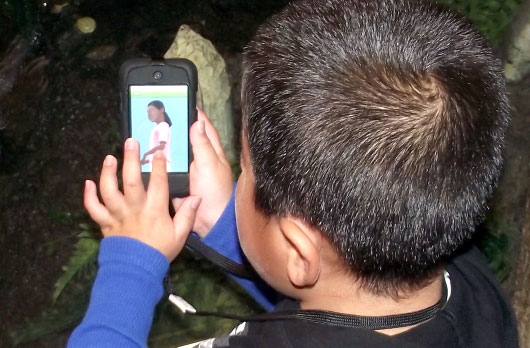
The Signing Glossaries project researched and developed six separate signing glossaries for use with handhelds to provide visitors ages 5-12+ who are deaf or hard of hearing access to STEM vocabulary.
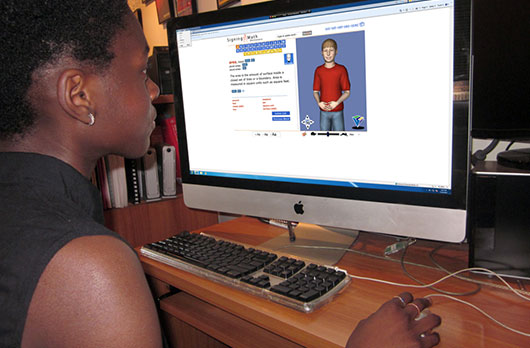
For Signing Math & Science, TERC and Vcom3D are using the SigningAvatar® assistive technology to develop illustrated, interactive 3D standards-based sign language dictionaries that offer students in grades K-8 and 9-12 who are deaf and hard of hearing increased access to the same learning opportunities that hearing students enjoy.
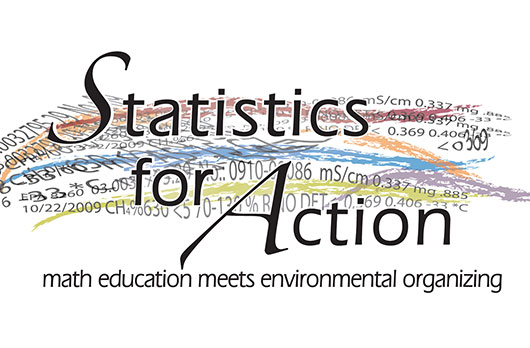
Statistics for Action (SfA) has developed free, math-rich materials that enable community members to interpret environmental test results, make informed decisions based on data, and use numbers to convincingly communicate concerns to officials and neighbors.
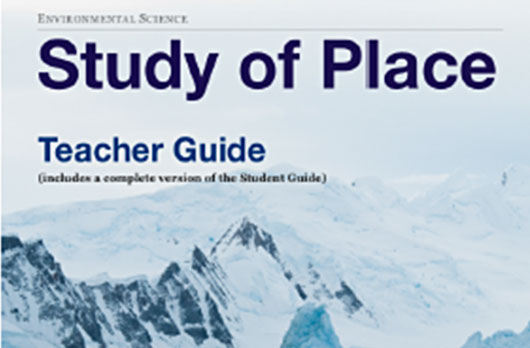
Study of Place consists of two web-based science units that give middle grades students access to technological tools and resources used by scientists, and provide opportunities for authentic inquiry about the interconnectedness of our world.

